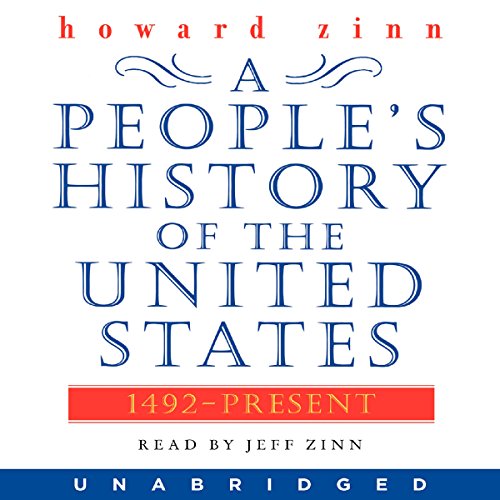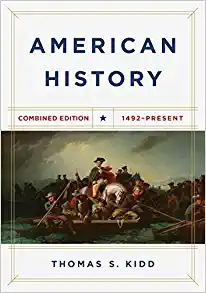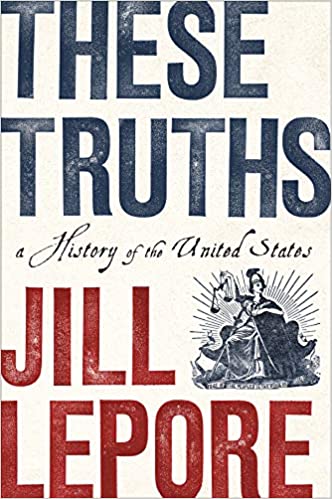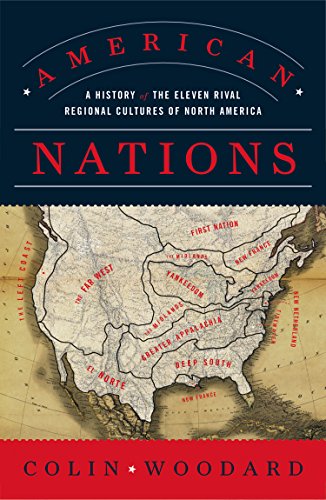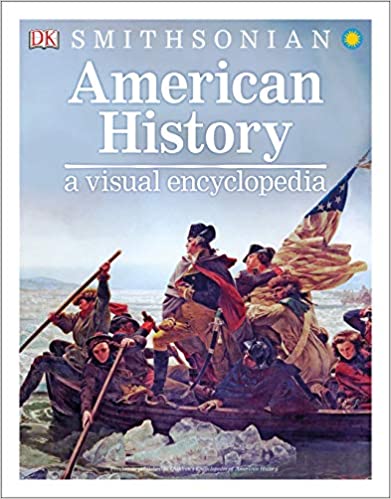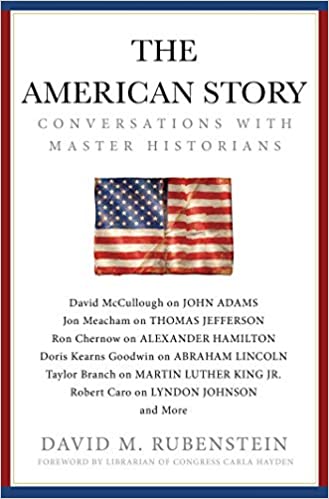Howard Zinn A People’s History of the United States
Last updated: October 17, 2022
America's history is filled with people fighting for rights, and this American history book chronicles those stories, among many others. It starts with Columbus's arrival and takes the reader all the way through Clinton's first term. It's been updated with an introduction that discusses the book's 35-year history.
We looked at the top American History Books and dug through the reviews from some of the most popular review sites. Through this analysis, we've determined the best American History Book you should buy.
Product Details
Key Takeaway: This classic tells the story you didn't hear in school, giving the perspectives of Native Americans, factory workers, Black Americans and more.
In our analysis of 34 expert reviews, the Howard Zinn A People's History of the United States placed 1st when we looked at the top 7 products in the category. For the full ranking, see below.From The Manufacturer
With a new introduction by Anthony Arnove, this edition of the classic national bestseller chronicles American history from the bottom up, throwing out the official narrative taught in schools—with its emphasis on great men in high places—to focus on the plight and struggles of those who have been largely omitted from most histories. Known for its lively, clear prose as well as its scholarly research, A People’s History of the United States is the only volume to tell America’s story from the point of view of—and in the words of—America’s women, factory workers, African Americans, Native Americans, the working poor, and immigrant laborers. As historian Howard Zinn shows, many of our country’s greatest battles—fights for fair wages, eight hour workdays, child-labor laws, health and safety standards, universal suffrage, women’s rights, racial equality—were carried out at the grassroots level, against bloody resistance. Covering Christopher Columbus’s arrival through President Clinton’s first term, A People’s History of the United States, which was nominated for the American Book Award in 1981, features insightful analysis of the most important events in our history.
